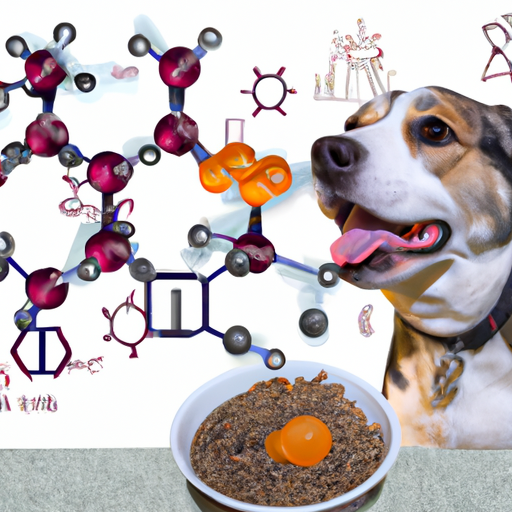Understanding the Importance of Omega-3
Omega-3 fatty acids are crucial for your dog’s overall health. They support the skin and coat health, improving its shine and reducing the incidence of skin allergies. Omega-3 also plays a vital role in brain and eye development in puppies, and it aids in the maintenance of joint health in older dogs.
Recommended Dosage of Omega-3 for Dogs
While there’s no definitive answer as every dog is unique, the general guideline for Omega-3 dosage in dogs suggests:
- Small dogs (up to 20 lbs.): 150-300 mg
- Medium dogs (21-50 lbs.): 300-600 mg
- Large dogs (over 50 lbs.): 600-1200 mg
Remember, these are just guidelines. Consult your vet for a more accurate dosage based on your dog’s weight, age, and health condition.
Omega-3 Sources for Dogs
There are several ways to add Omega-3 to your dog’s diet:
- Fish Oil Supplements: These are readily available in pet stores and online. Ensure the product is high quality and free from harmful additives.
- Omega-3 Rich Foods: Foods like salmon, flaxseeds, and chia seeds are rich in Omega-3. You can incorporate these into your dog’s diet.
Omega-3 Side Effects and Precautions
While Omega-3 is generally safe, an overdose can lead to side effects:
- Diarrhea
- Bad breath
- Weight gain
Remember:
- Always start with a lower dose and gradually increase it.
- Monitor your dog for any adverse reactions.
- Stop the supplement immediately if any severe side effects occur and consult your vet.
Omega-3 Dosage Chart
| Weight of Dog | Recommended Dosage |
|---|---|
| Up to 20 lbs. | 150-300 mg |
| 21-50 lbs. | 300-600 mg |
| Over 50 lbs. | 600-1200 mg |
Frequently Asked Questions
Q: How often should I give my dog Omega-3?
A: Most vets recommend daily supplementation, but it’s best to consult with your vet for the most accurate advice.
Q: Can I give my dog human fish oil supplements?
A: While not harmful, human fish oil supplements might not provide the optimal dosage for your dog. It’s best to use pet-specific products.
Q: What happens if my dog takes too much Omega-3?
A: Overdosing can lead to diarrhea, bad breath, or weight gain. Always follow the recommended dosage and consult your vet if you suspect an overdose.
Remember, your dog’s health is in your hands. Omega-3 supplementation can be a great way to boost their health, but it’s always best to consult with a vet for personalized advice.



